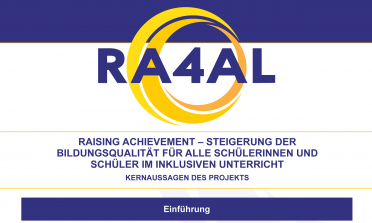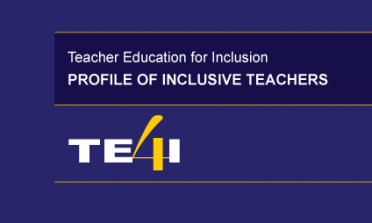EASNIE’s latest open-access publications are available below. The EASNIE Open Access Policy allows the public to freely access, download and share these resources. Certain resources, such as practical tools, are also open source. You can modify open-source resources to suit your needs. Please refer to the publication information page at the beginning of any publication to confirm its licence and usage guidelines.
Publications are available in up to 25 EASNIE languages. You can use the filters to search and select the publications you want to see based on their theme, type (such as reports, literature reviews, flyers), the countries they relate to, the language and the year. The Archive filter allows you to select publications from before 2014. You can select multiple filters to narrow down your search.
Visit the publications listing page for a complete list of EASNIE publications, along with details, links and filters based on theme, type, language, year and file type.

ICT for Inclusion – Developments and Opportunities for European Countries
This report presents the main findings of the Information and Communication Technology for Inclusion project. It draws upon all sources of project information developed during project…
European Patterns of Successful Practice in Vocational Education and Training
This report identifies similarities and differences in successful examples of vocational education and training (VET). It makes recommendations to improve the performance of countries’ VET…
Raising Achievement for All Learners – Key Project Messages
The Raising Achievement for All Learners key project messages summarise the information from the project synthesis report.
Teacher Education for Inclusion – Profile of Inclusive Teachers
This is one of the main outputs of the Teacher Education for Inclusion project. It presents the essential values and areas of competence to be developed in all initial teacher education…
Young Views on Inclusive Education
In 2011, the Agency hosted a Hearing at the European Parliament, where 88 young people discussed inclusive education.
